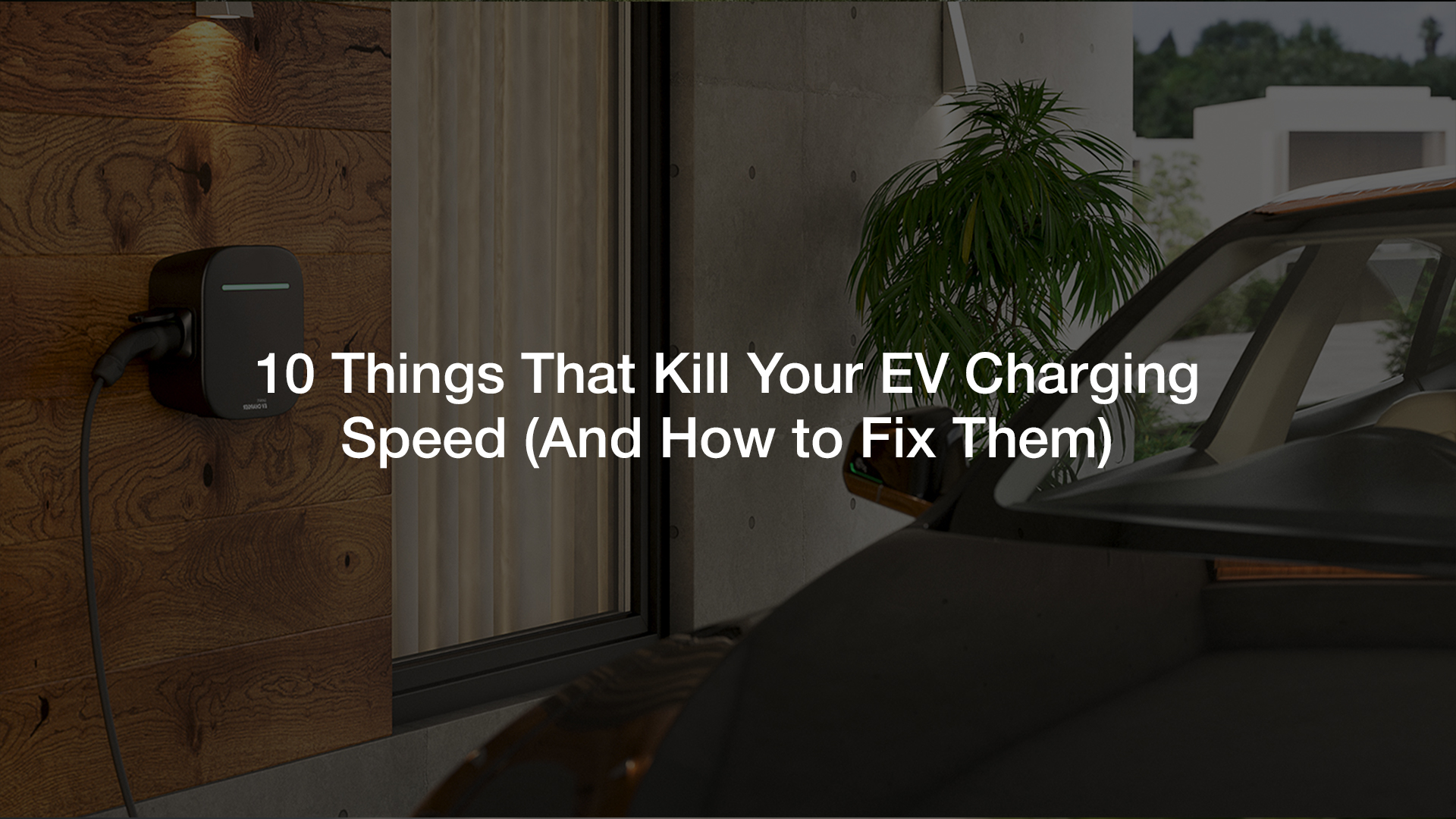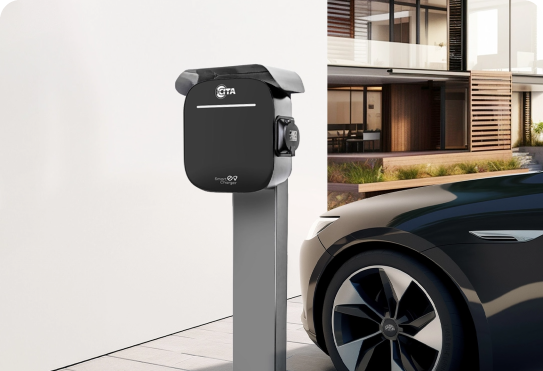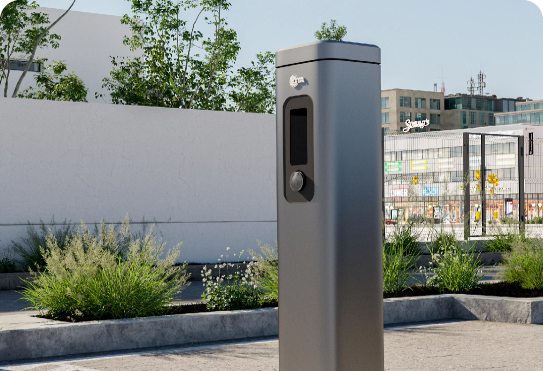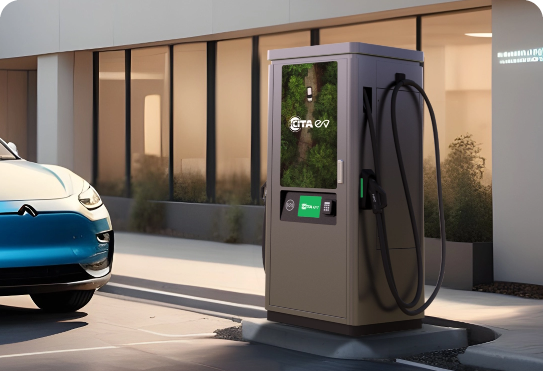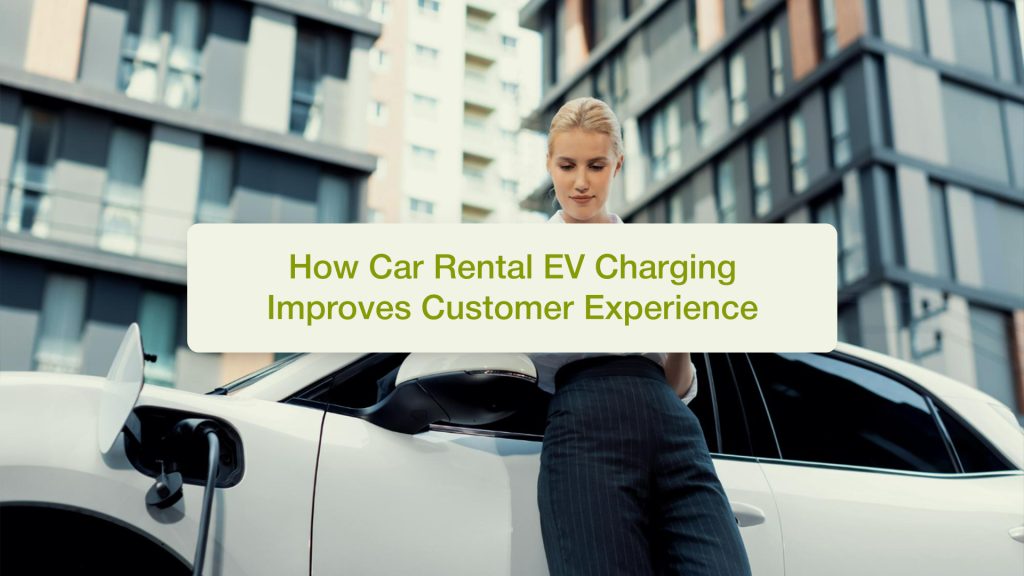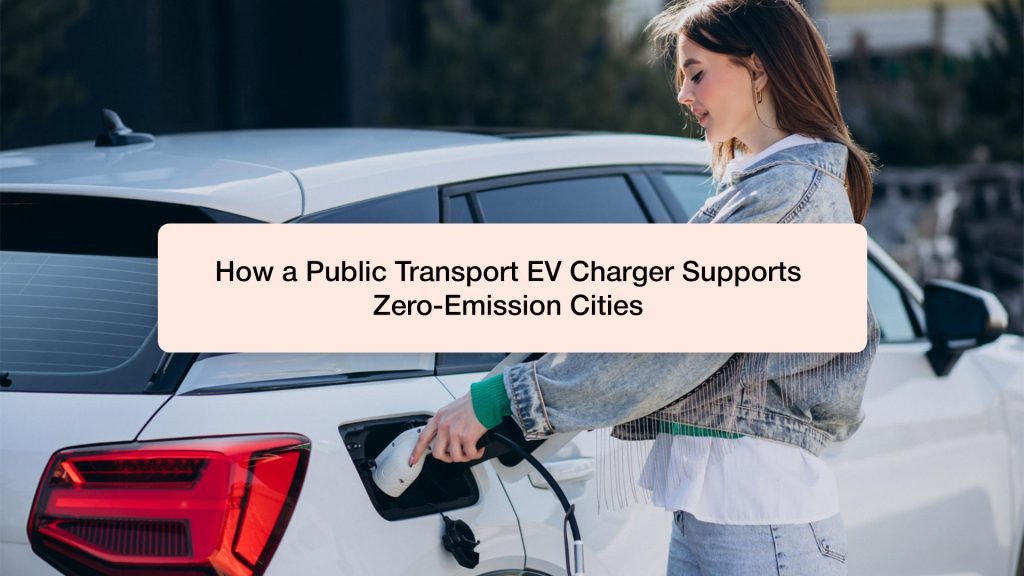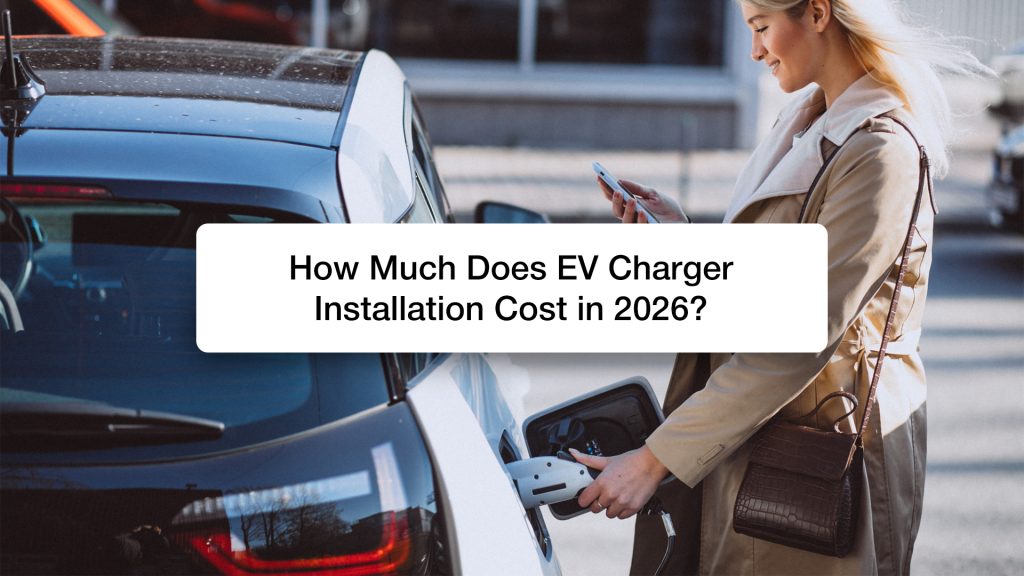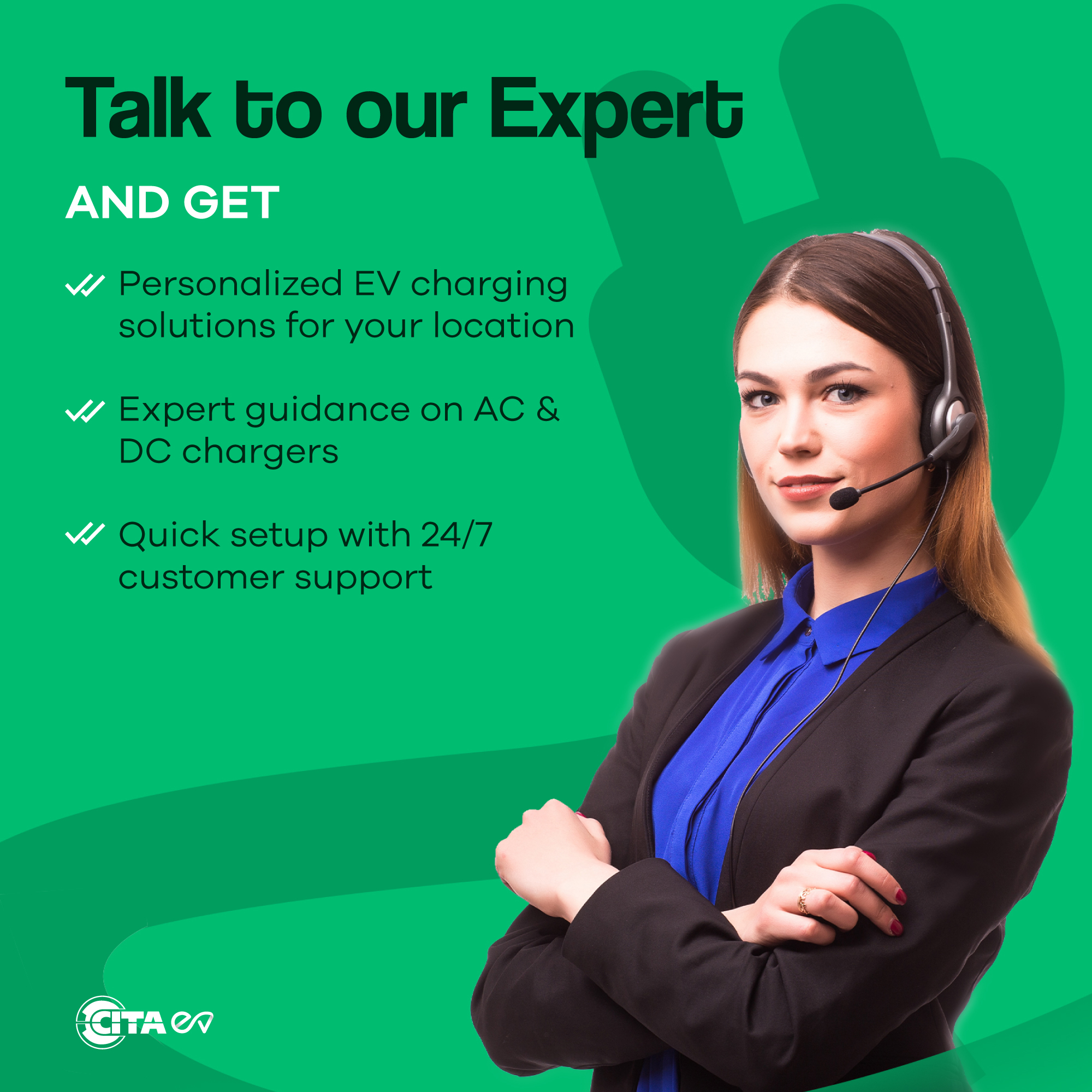Have you noticed your EV taking longer to charge than expected? EV Charging Speed is a critical factor for EV owners in the UK, where adoption is growing rapidly, with over 50,000 new electric vehicles registered in 2024 alone.
Slow EV charging can be frustrating, especially when relying on public electric vehicle chargers or home AC EV chargers.
In this guide, we’ll explore 10 common reasons your charging speed is reduced and provide actionable solutions to get the most from your EV charging sessions.
Why Understanding EV Charging Speed Matters
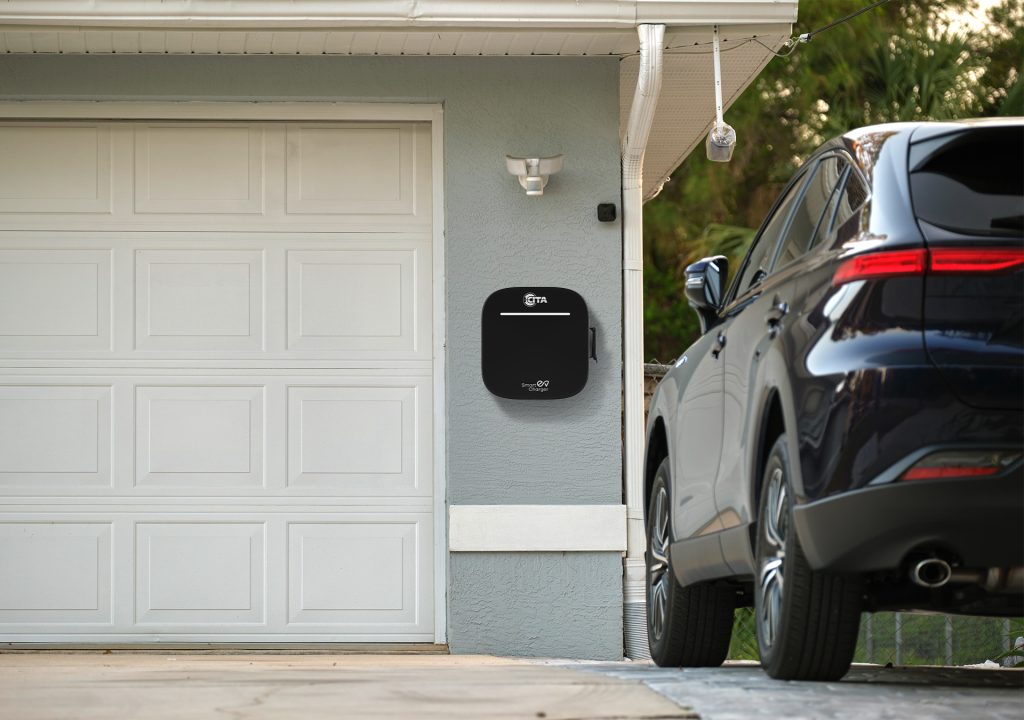
Charging your EV efficiently is not just about convenience – it also affects battery health and energy efficiency. From home ev chargers to public fast chargers, multiple factors can influence how quickly your vehicle charges.
Identifying and correcting these issues ensures your EV remains ready when you need it, whether commuting daily or embarking on long journeys.
Top 10 reasons your EV Charging Speed may be slower than expected
Even with modern electric vehicle chargers, many EV owners in the UK notice slower-than-expected charging times. Multiple factors, from technical issues to environmental conditions, can impact how quickly your vehicle charges. Understanding these causes is the first step to fixing them.
Below, we explore the top 10 reasons that commonly reduce EV Charging Speed and provide practical tips to optimize your charging sessions.
1) Using an Undersized AC EV Charger
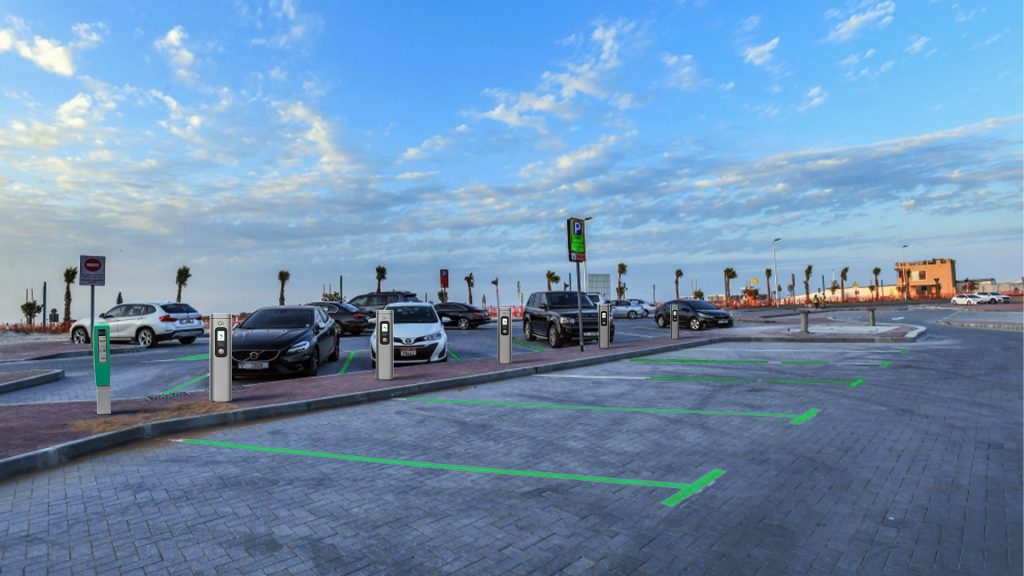
Many EV owners unknowingly install low-power AC chargers at home. A 7– to 22-kW charger may be adequate for overnight charging but will significantly slow your EV charging speed compared to higher-capacity options.
If multiple EVs are charged simultaneously using a dual AC charger, splitting power can also reduce speed.
Installing an appropriately rated EV charger, like a 7 kW or 22 kW AC EV charger, can ensure faster and more efficient home EV charging.
2) Poor Electrical Supply or Wiring
Old or insufficient electrical infrastructure can reduce EV Charging Speed. Voltage drops, inadequate wiring, or circuit overloading can prevent your ev charger from delivering optimal power.
Regular inspection by a certified electrician can ensure your home or workplace installation meets the recommended specifications.
Upgrading to a dedicated circuit for your EV charger often resolves these issues, allowing for more consistent and faster charging.
3) Battery State-of-Charge
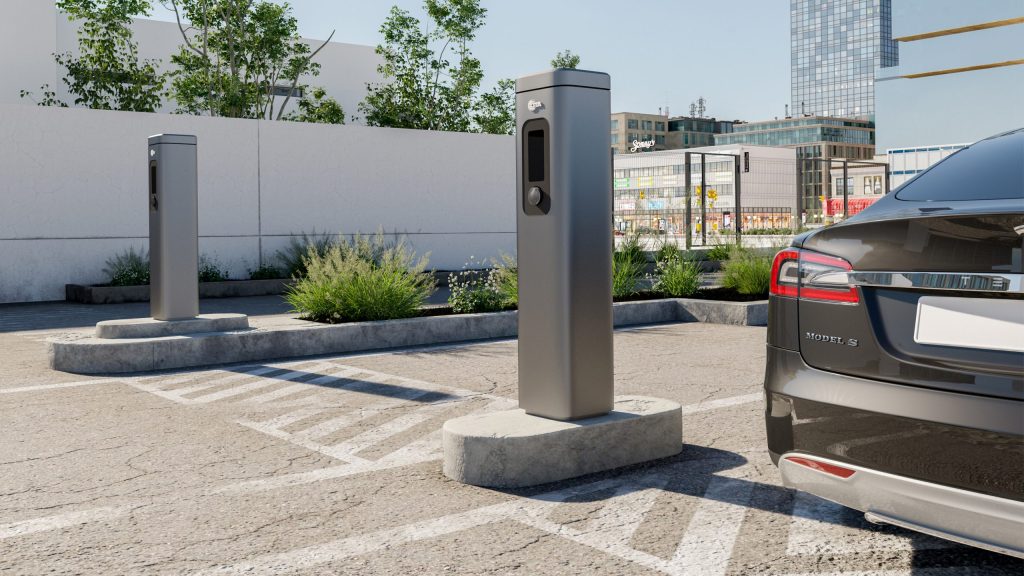
Charging speed is naturally slower when your battery is nearly full. Most electric vehicle chargers and modern EVs reduce current once the battery reaches around 80% to protect battery longevity.
Planning charging sessions earlier – when the SOC is lower – can maximize EV Charging Speed without damaging the battery.
Some smart EV charger apps allow scheduling and monitoring to optimize charging cycles efficiently.
4) Extreme Weather Conditions
Temperature has a significant impact on EV Charging Speed. In the UK, winter cold can slow charging, as batteries need preheating before accepting higher currents.
Conversely, hot summer days may cause thermal throttling to prevent overheating.
Many modern EVs and smart EV chargers include thermal management systems, but scheduling charging during moderate temperatures can help maintain optimal speed.
5) Faulty or Low-Quality Cables
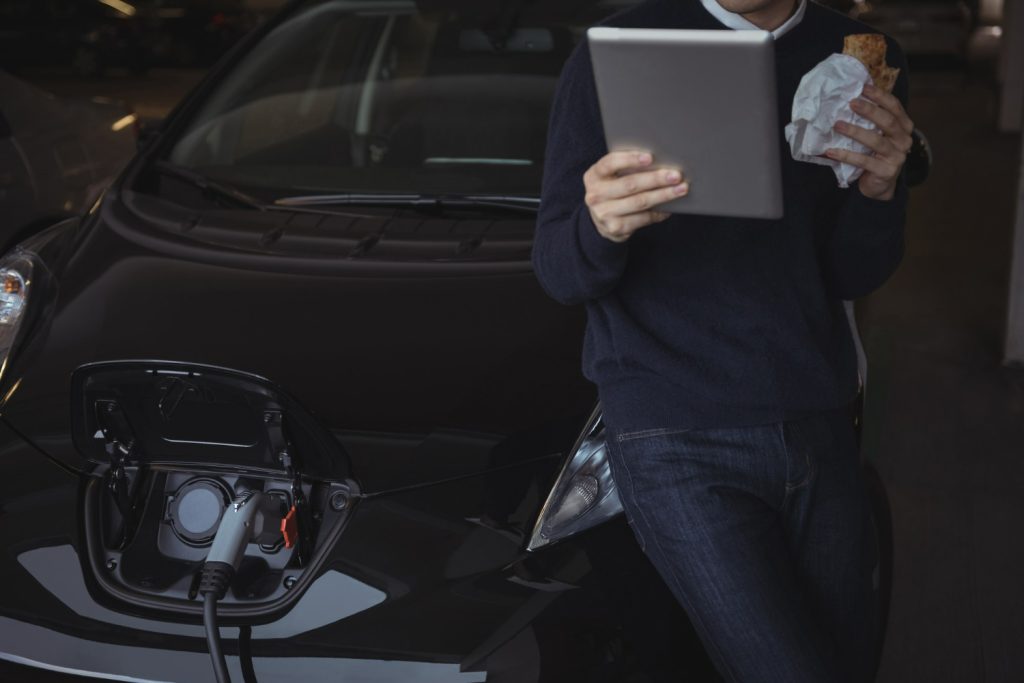
Your charging cable quality directly affects EV Charging Speed. Damaged, worn, or uncertified cables may fail to deliver full power safely.
Using cables approved for your vehicle type, preferably Certified EV Charger-compatible cables, ensures that charging efficiency is maintained.
Even minor wear in AC or DC charging cables can reduce performance, highlighting the importance of proper maintenance.
6) Outdated Charging Software
Some smart EV chargers and EVs rely on software for efficient power delivery. Outdated firmware can throttle EV Charging Speed, introduce communication errors, or prevent optimal load balancing.
Updating your EV and charger software ensures compatibility and efficiency and can even unlock faster charging capabilities offered by your ev charger manufacturer in UK.
Many EV charging apps provide automatic update reminders for convenience.
7) Shared or Public Charging Stations
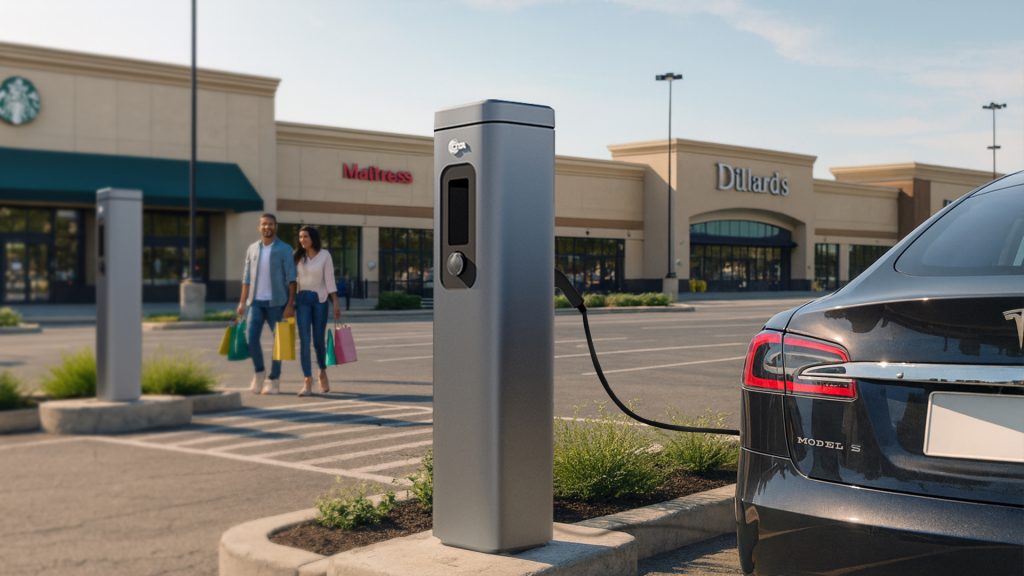
Using public electric vehicle chargers with multiple users simultaneously can reduce your EV Charging Speed. Load balancing in shared charging stations divides the available power between vehicles.
Planning visits during off-peak hours, or using dedicated Approved EV Chargers, can help ensure your vehicle charges faster and more reliably.
Some apps indicate which stations are less busy, making this an easy fix for UK EV drivers.
8) Dirty or Corroded Connectors
Physical issues with connectors can reduce the efficiency of EV Charging Speed. Dirt, corrosion, or poor contact in plugs can prevent proper current flow.
Regularly inspecting and cleaning your AC or DC charging connectors ensures full power transfer.
Using high-quality Certified EV Chargers in UK often minimizes these risks, as they are designed for durability and consistent performance.
9) Charging During Peak Electricity Hours
Grid demand affects EV Charging Speed, particularly when charging at home during peak hours.
Many UK homes experience slightly reduced voltage or load shedding during evening peaks, slowing EV Charging Speed.
Smart scheduling features in smart EV chargers allow users to charge during off-peak hours, improving efficiency while also potentially reducing electricity costs.
10) Incompatibility Between EV and Charger
Finally, not all EV chargers are fully compatible with every EV. Older EV models or EV chargers may not support the full power your vehicle can accept. This can lead to slower charging times even when using high-powered AC EV chargers or fast DC stations.
Consulting your ev charger manufacturer in UK and choosing Certified EV Chargers ensures compatibility and maximizes EV Charging Speed.
Maximize Your EV Charging Speed
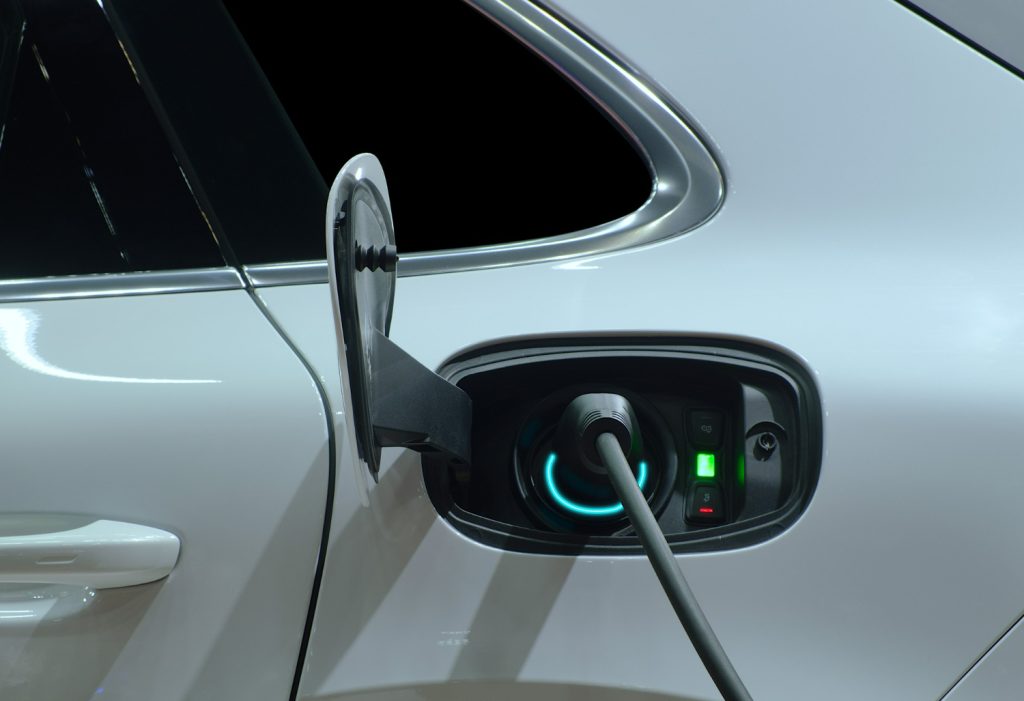
Understanding the factors that affect EV Charging Speed is key to efficient, safe, and reliable charging. From using the right AC EV charger at home to scheduling charges during optimal times, these tips can save you time and improve battery longevity.
For those seeking EV Charging Solutions in UK that combine reliability, certification, and performance, CITA EV Charger offers a range of Certified EV Chargers and Approved EV Chargers for both home and commercial use. Our products include AC chargers up to 22 kW, dual AC chargers for multiple vehicles, and 60–360 kW DC fast chargers. All are rigorously tested to meet UKCA and CE standards.
Don’t let slow charging hold you back.
Book a free consultation with CITA EV Charger today and discover tailored solutions that enhance your EV charging experience, improve efficiency, and ensure your vehicle is always ready to go.



